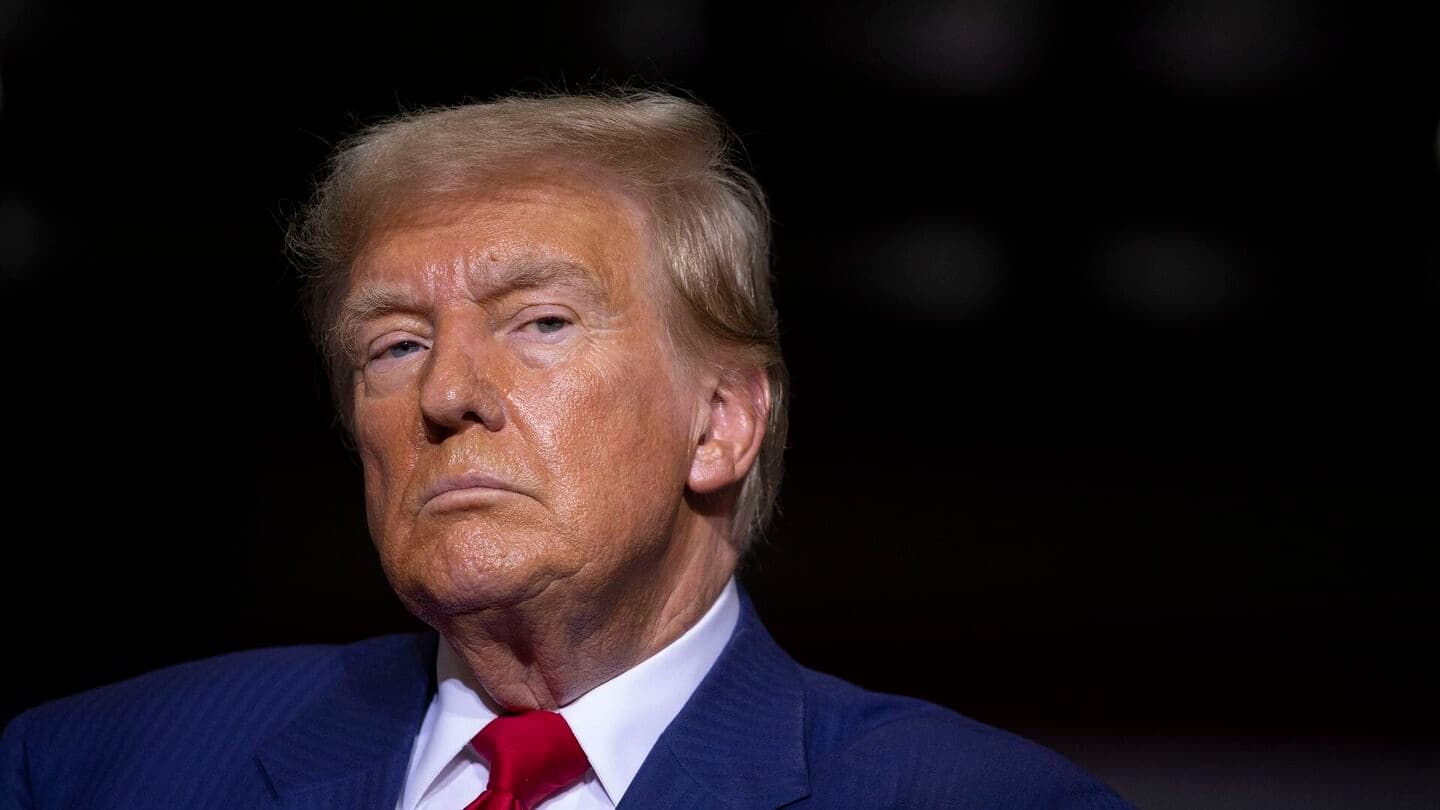
US court blocks Trump's tariffs, says president exceeded his authority
What's the story
A US trade court has ruled against President Donald Trump's 'Liberation Day' import tariffs, saying he exceeded his authority with the blanket duties on countries selling more to the US than they buy. The Manhattan-based Court of International Trade held that Congress alone has the power to regulate foreign commerce, a power not superseded by presidential emergency powers under the Constitution.
Tariff limits
Court's ruling on Trump's tariff authority
The court said, "The Worldwide and Retaliatory Tariff Orders exceed any authority granted to the President by IEEPA to regulate importation by means of tariffs." This was in reference to the International Emergency Economic Powers Act (IEEPA) of 1977. The panel added, "That use is impermissible not because it is unwise or ineffective, but because [federal law] does not allow it."
Tariff effects
Trump's sweeping tariffs were announed in April
On April 2, Trump announced broad tariffs on the US's biggest trading partners, starting with a 10% baseline and higher rates for countries with whom the US has the biggest trade deficits, especially China and the EU. However, many of these country-specific tariffs were suspended a week later after they shocked US financial markets. The Trump administration is also temporarily reducing China's steepest tariffs while negotiating a long-term trade deal.
Tariff lawsuits
Legal challenges against Trump's tariffs
The court's ruling came in two lawsuits, one by the nonpartisan Liberty Justice Center on behalf of five small US businesses importing goods from countries targeted by the duties and another by 13 US states. The companies, including a New York wine importer and a Virginia-based educational kit maker, have claimed that these tariffs would hurt their business. At least five other legal challenges to these tariffs are still pending in courts.
Market response
Financial markets react to court's ruling
The ruling was welcomed by financial markets, with the US dollar rising against currencies such as the euro, yen, and Swiss franc. Wall Street futures also rose while equities across Asia gained. However, Stephen Miller, a White House deputy chief of staff and one of Trump's top policy advisers, criticized the court in a brief social media post saying, "The judicial coup is out of control."
Appeal
Trump administration has filed a notice of appeal
The Trump administration has reportedly filed a notice of appeal, while White House officials pushed back against the court's decision with strong public remarks. "It is not for unelected judges to decide how to properly address a national emergency," White House spokesperson Kush Desai told Reuters. If upheld, the ruling could severely undermine Trump's strategy of imposing steep tariffs to pressure trade partners, boost domestic manufacturing, and reduce the $1.2 trillion U.S. goods trade deficit—central goals of his campaign agenda.